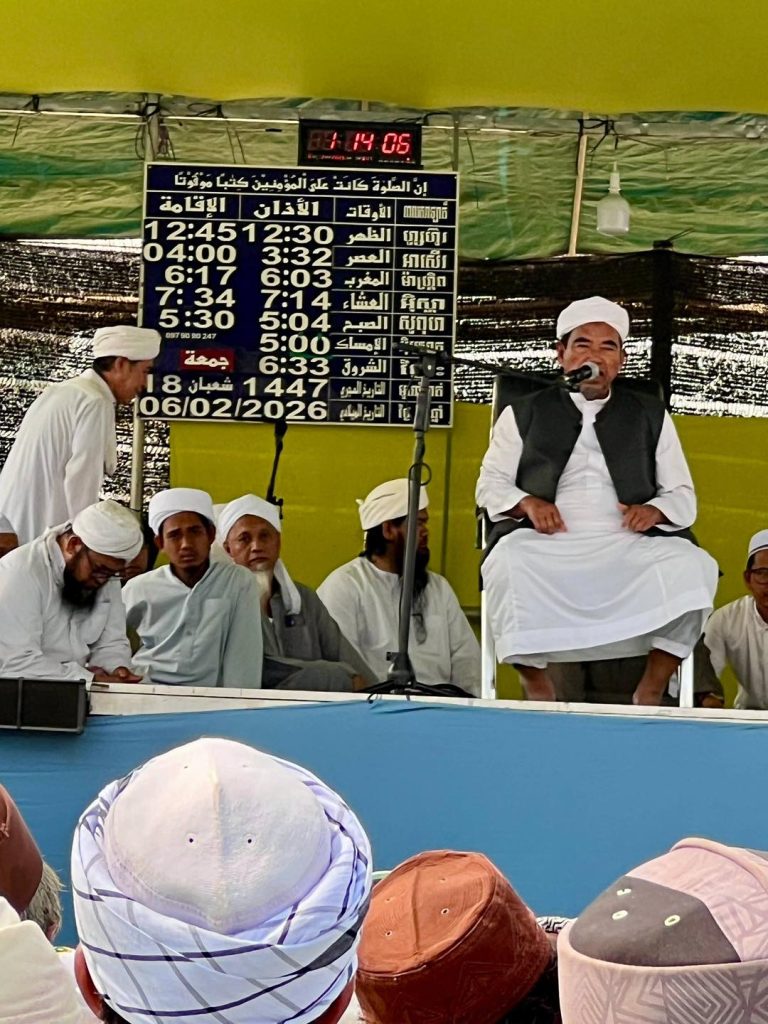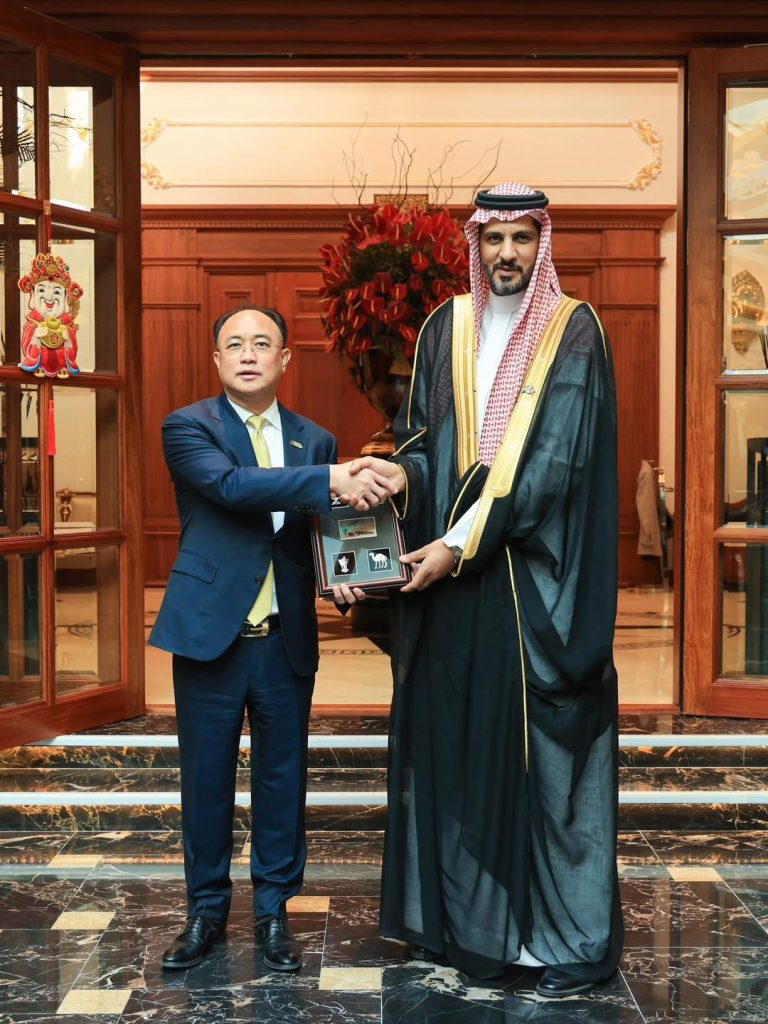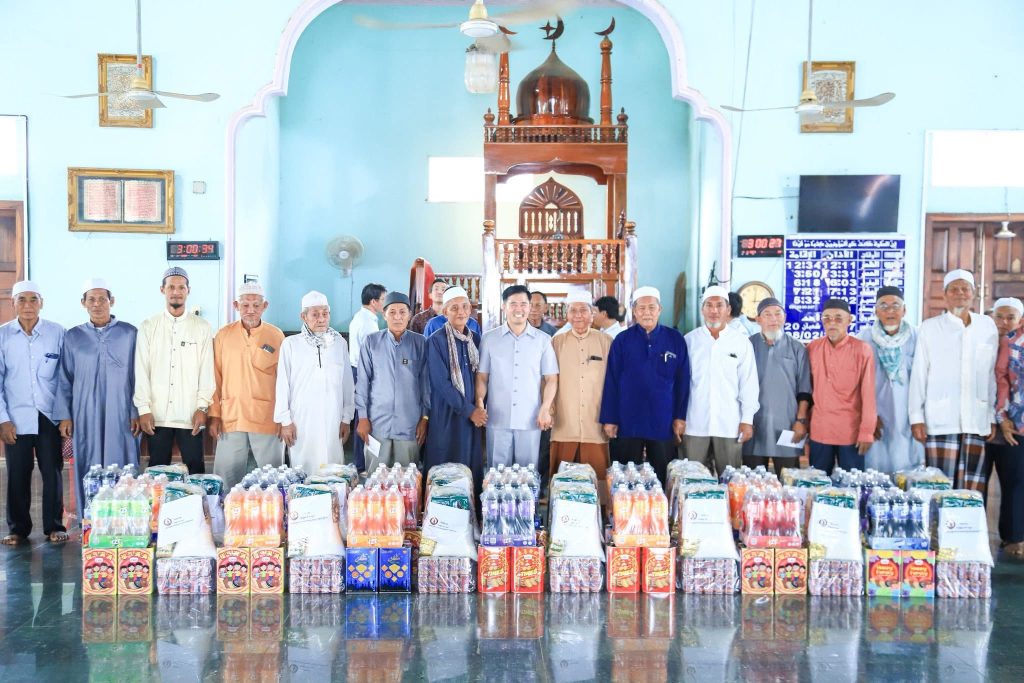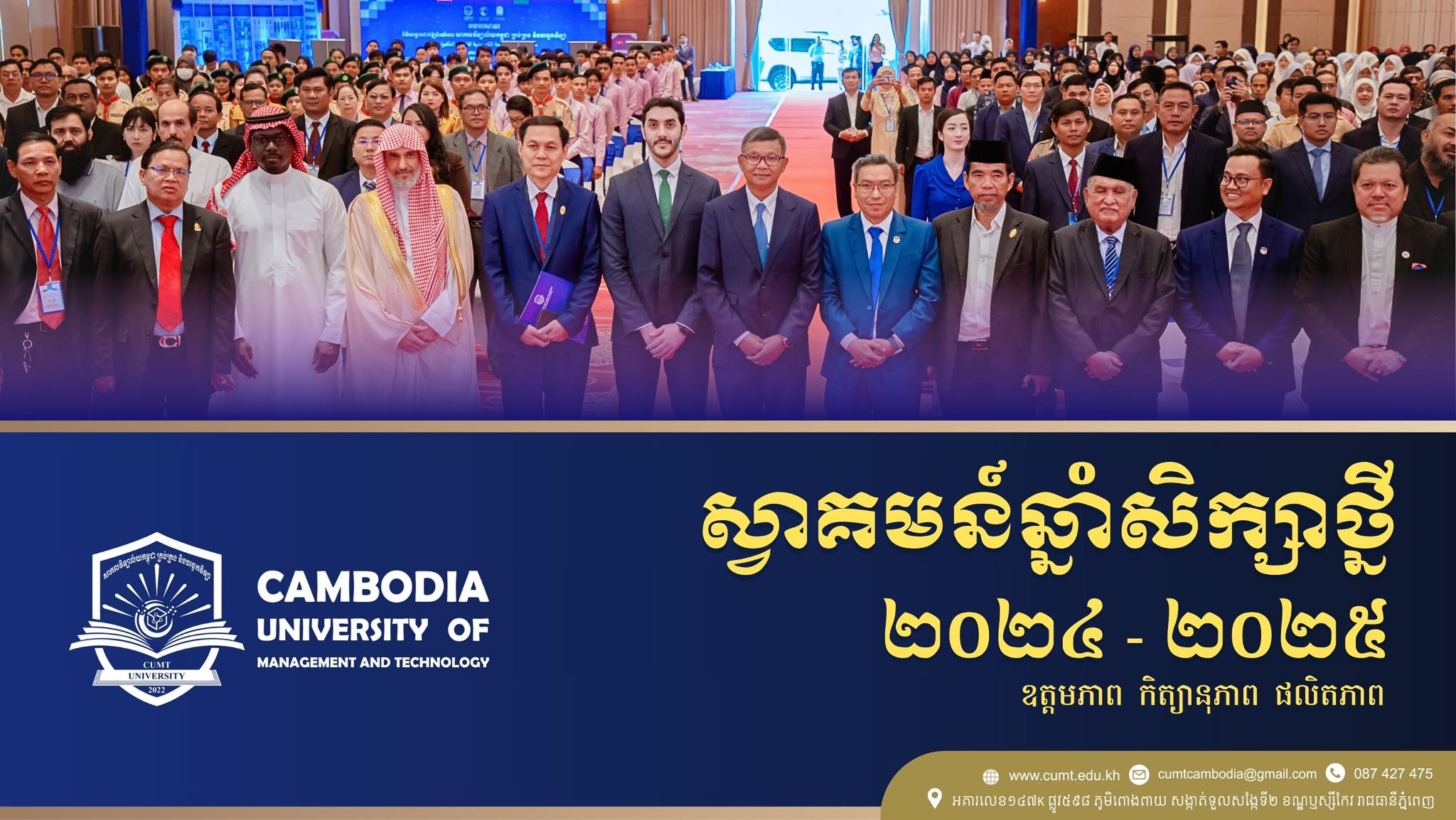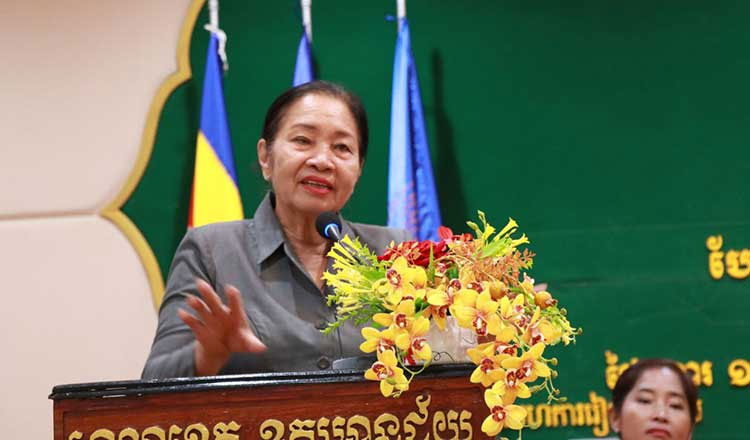
Seven Filipinos return home from job scams in Cambodia


Seven of the 20 Filipino women who were recruited as surrogate mothers in Cambodia were repatriated to the Philippines safely on October 23, the Philippines Bureau of Immigration (BI) reported on Saturday.
Aged between 20 and 30, the victims reported being recruited abroad to work as surrogate mothers for unknown clients. The Philippines-BI Commissioner Joel Anthony Viado raised alarms over a growing human trafficking scheme following the case.
Viado noted that investigations reveal a typical scheme where traffickers recruit online, then arrange complex travel through multiple borders to avoid detection.
“The Philippines is being targeted by traffickers who lure women with surrogacy offers. We urge Filipinos to avoid these offers, as surrogacy abroad often carries serious legal risks,” said Viado.
Three of the victims left the country claiming tourist visits to relatives but were deceived by false promises about surrogacy, while the remaining four had no records, indicating they likely exited through unauthorised means, the BI said.
This surrogacy case, which is banned in Cambodia, was first discussed as Philippine Ambassador Flerida Ann Camille P. Mayo held a meeting with Chou Bun Eng, Secretary of State of the Ministry of Interior and the Permanent Vice-Chairwoman of the National Committee for Counter Trafficking (NCCT) in early October.
Bun Eng told Khmer Times yesterday that the investigation is ongoing, while the remaining 13 women remain in Cambodia, being charged for illegal surrogacy. Further measures can be discussed upon the suggestion from the Philippines side.
“They cannot be repatriated yet as the Cambodian law is being applied against them as they were sent to be artificially impregnated to provide babies for the infant-trafficking syndicate,” said Bun Eng. “The seven women were not pregnant, so they were not charged for any illegality.”
She added that the 13 remaining women said that they were about to sell the babies following the delivery. “It is totally banned in Cambodia; they can do it anywhere that the surrogacy is legal but definitely not in Cambodia.”
This case is particularly significant as surrogates usually remain in their own countries rather than being transported elsewhere. The 13 women are being charged for their involvements under the Cambodia’s Law on Suppression of Human Trafficking and Sexual Exploitation.
For such a concern, the Philippines Embassy in Cambodia participated by ensuring that all 20 Filipinos were interrogated in the presence of an Embassy representative and an interpreter at all stages of the inquiry.
Based on the previous interviews, the recruitment of these 20 women took place in cyberspace by an individual whose identity and nationality have yet to be determined conclusively.
The recruiter, who appeared to be using a fictitious name, arranged for the ladies to go to another Southeast Asian nation before sending them to Cambodia, where surrogacy is illegal.
Cambodia became the latest country to prohibit commercial surrogacy, after limits on the industry in other parts of the world triggered a local boom in the unregulated baby trade.
Bun Eng added that the surrogacy issue in Cambodia is under control, and the authorities have not discovered any locals participating.


